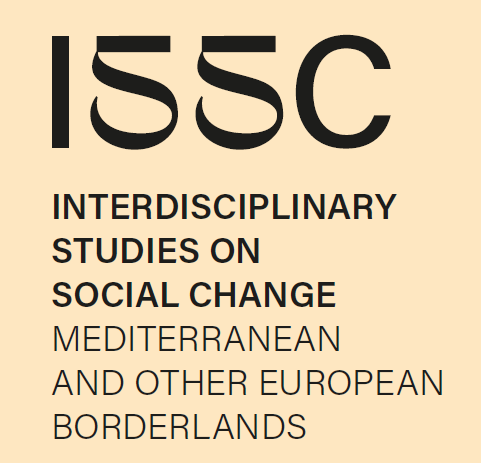Migration, both international and internal, is inextricably linked with multiple and intersecting forms of inequalities. This course will primarily deal with work migration especially to low paid industries (however other forms of migration will be of relevance), such as domestic work, or work in agriculture. We will examine literature on relevant case studies, this will be accompanied by the analysis of the relevant ongoing discussions regarding work migration, to find out how and in what context inequalities operate, whether migration was caused and shaped by structural forces as well as consider the migrants individual agency, and ability to challenge the structural constraints. We will therefore also look at work migration both caused by the inequalities in the places of origin, but also consider migration as a factor further contributing to already existing inequalities and causing further changes to for the ethnic groups, genders, and generations. We will discuss these issues regarding the work migration, predominantly within, to and from the Central and Eastern European countries.

